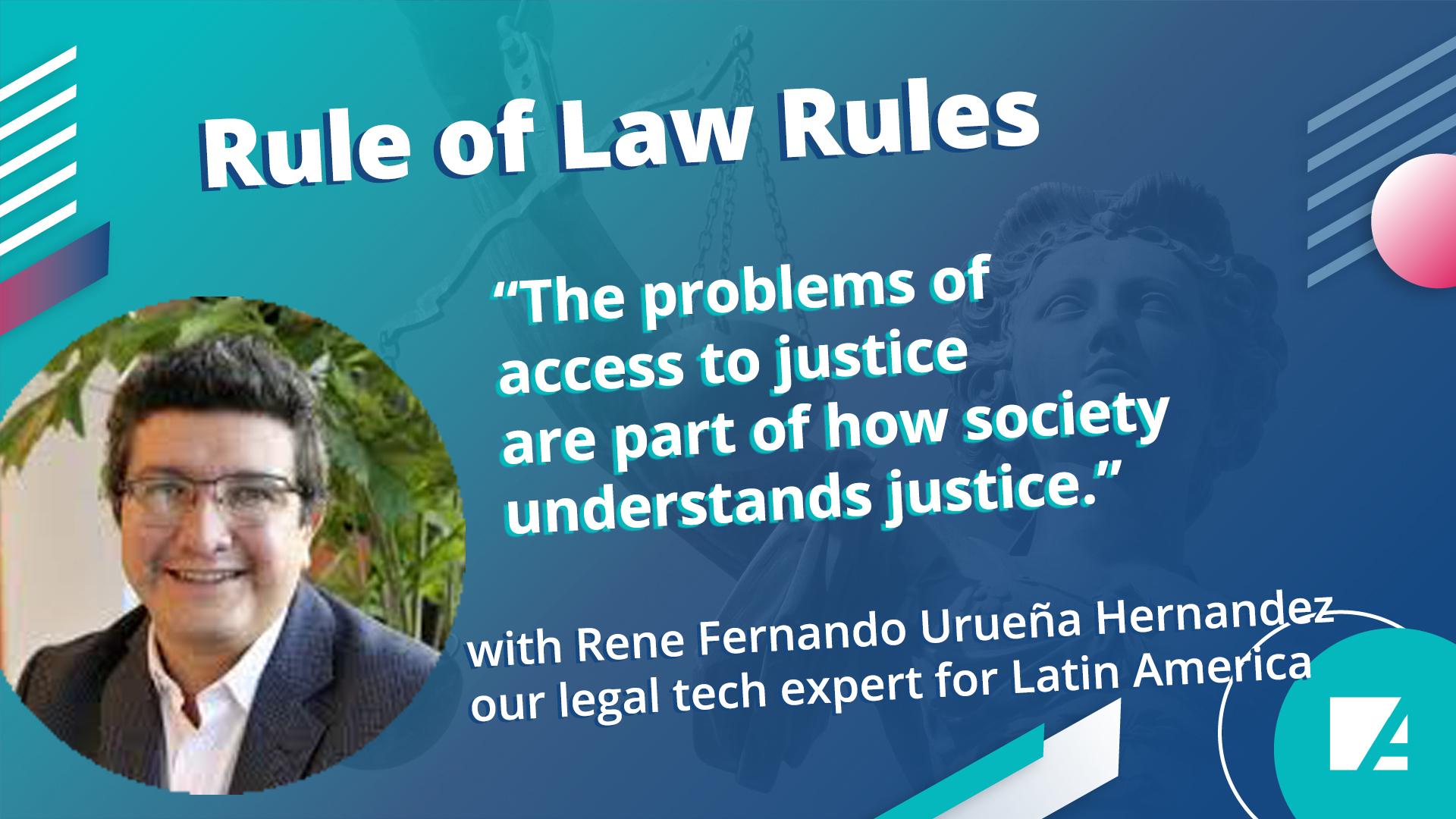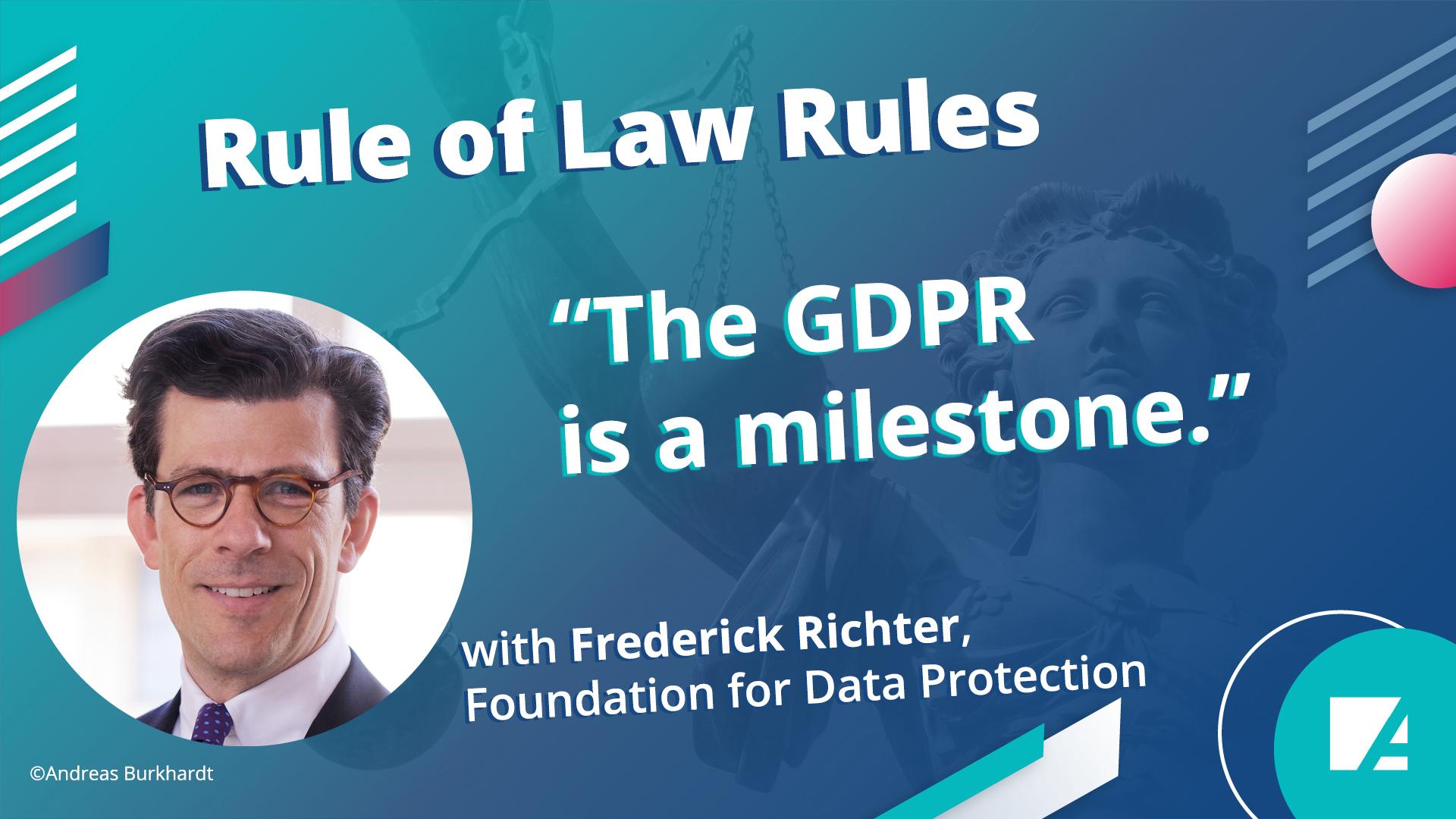A year into its term, Tusk’s administration has demonstrated a renewed strength in foreign policy, re-establishing Poland as an active and constructive player on the international stage. Key initiatives include advocating for Ukraine's NATO membership, revitalize the Weimar Triangle dialogue with France and Germany, and pushing for greater EU cohesion in foreign affairs. Poland's firm stance on defense spending and its strategic alignment with NATO have bolstered its credibility among allies. However, these achievements in diplomacy contrast sharply with the government's slower pace on domestic reforms.
Domestically, the government’s reform agenda has encountered significant obstacles. Efforts to depoliticize the judiciary and restore the rule of law have been stalled by resistance from President Andrzej Duda and the PiS-aligned Constitutional Tribunal. Legal disputes over appointments and dismissals of key judicial figures, as well as contentious vetoes, have highlighted the deeply entrenched institutional challenges inherited from the previous administration. Despite these barriers, Tusk’s government has attempted incremental changes, such as revising judicial guidelines and introducing measures to enhance access to abortion within existing laws. However, these steps have often been criticized as insufficient to address the broader structural problems.
Internal divisions within the coalition have further hindered progress. Disagreements over sensitive issues such as abortion law reform and immigration policy have exposed rifts between the liberal Civic Platform (PO), Tusk’s party, and its more conservative coalition partners, the Polish People's Party (PSL) and Polska2050. These disputes have not only delayed legislative action but also diminished public perception of the coalition's unity and effectiveness.
The government also faced an unforeseen crisis with the recent flooding in southwestern Poland, which tested its ability to respond to domestic emergencies. While its handling of the disaster, including promises of swift financial aid and reconstruction efforts, has been generally well-received, the opposition accused it of negligence in flood preparedness. Public confidence in Tusk’s leadership is further strained by the slow implementation of campaign promises, leading to a decline in KO's polling advantage over PiS. Recent surveys show increasing support for the far-right Confederation party and a growing number of undecided voters, highlighting a volatile political landscape.
Despite these domestic challenges, Tusk’s government has made strides in fiscal transparency by addressing the shadow budgets created under PiS. The proposed 2025 budget includes measures to phase out extra-budgetary funds while maintaining high military and healthcare expenditures. However, Poland’s growing public debt and budget deficit remain concerns for the European Commission, which has initiated an excessive deficit procedure.
Looking ahead, the upcoming presidential election in May 2025 will be a critical turning point for Poland’s political trajectory. A victory for a KO-backed candidate Rafał Trzaskowsi could break the current legislative deadlock, allowing for more decisive reforms. Conversely, a continued PiS presence in the presidency under their candidate Karol Nawrocki would likely perpetuate the current impasse, leaving Poland’s path to a fully restored rule of law uncertain.
On the international front, Poland’s reintegration into EU dialogues and its leadership role in NATO offer significant opportunities to strengthen its position as a key player in European and transatlantic relations. However, the re-election of Donald Trump in the U.S. raises questions about the future of NATO and U.S. foreign policy priorities, which may shift focus away from Europe toward the Indo-Pacific.
In conclusion, Tusk’s government has navigated a complex political landscape with mixed results. While foreign policy successes have strengthened Poland's international standing, domestic reforms remain hampered by institutional resistance, coalition tensions, and public dissatisfaction. The outcome of the 2025 presidential election will be pivotal not only for the government’s reform agenda but also for Poland’s role as a stable and democratic partner within the EU and NATO. Poland’s ability to overcome these challenges could position it as a beacon of hope for democratic resilience in Europe.










